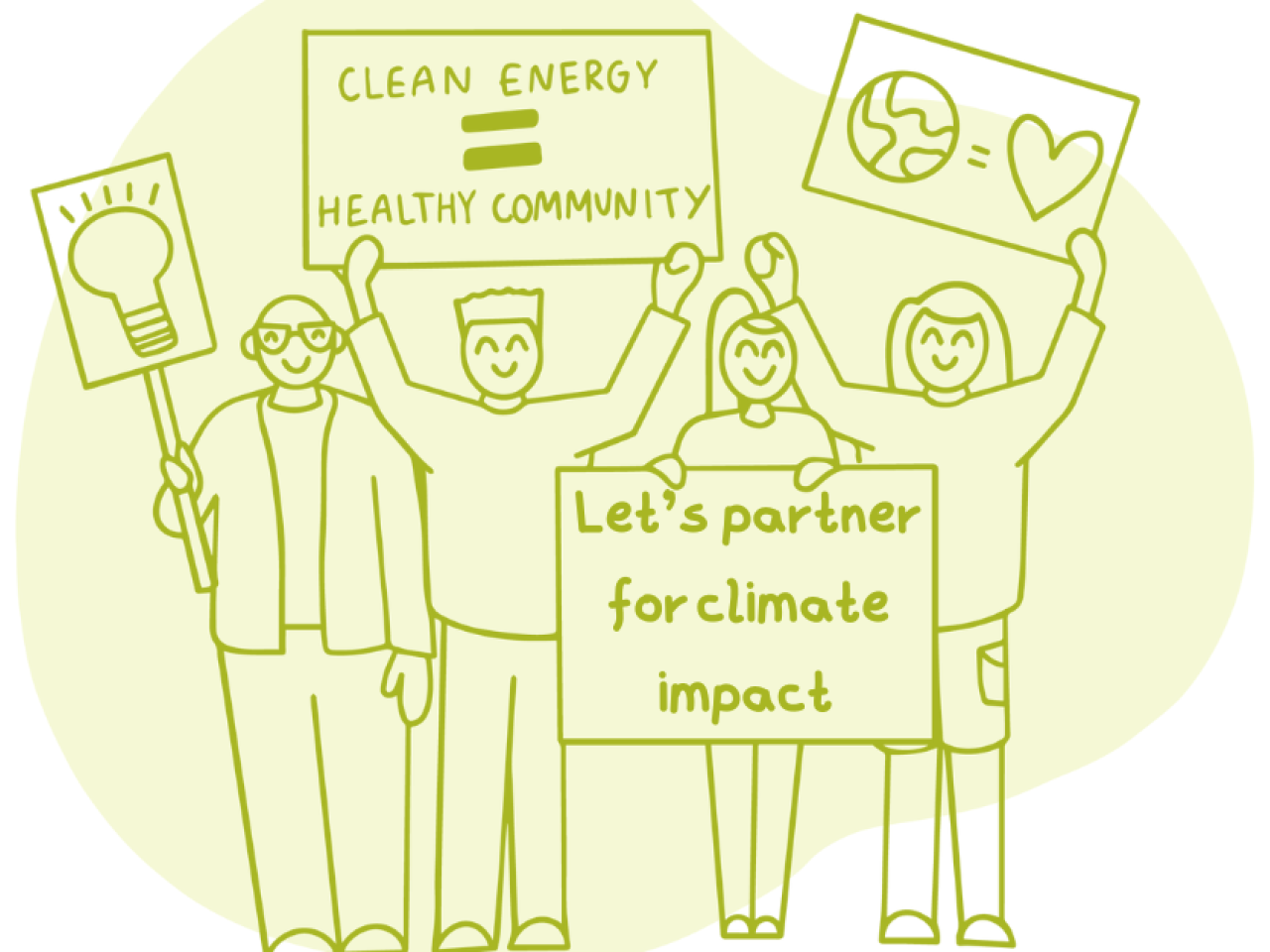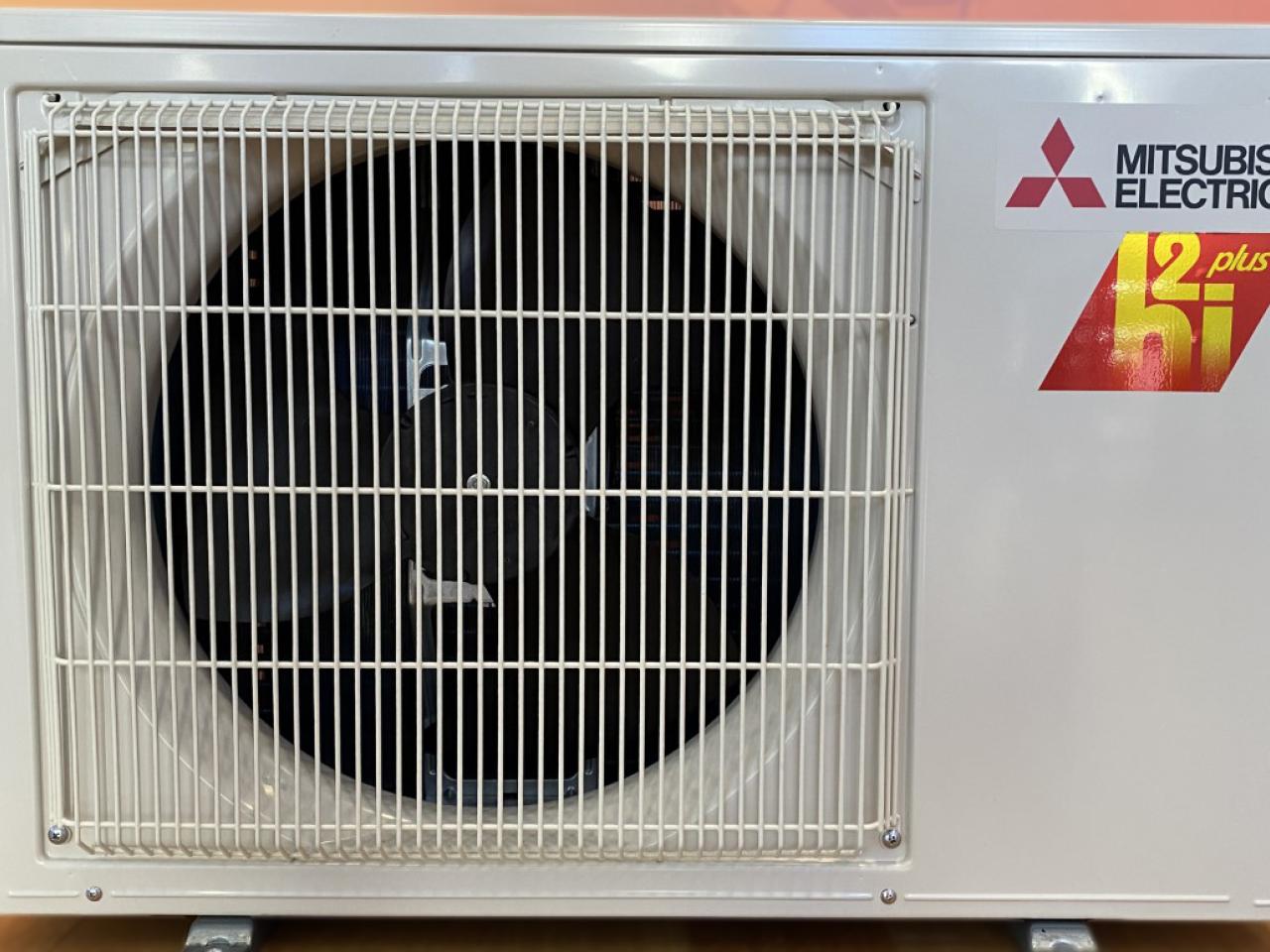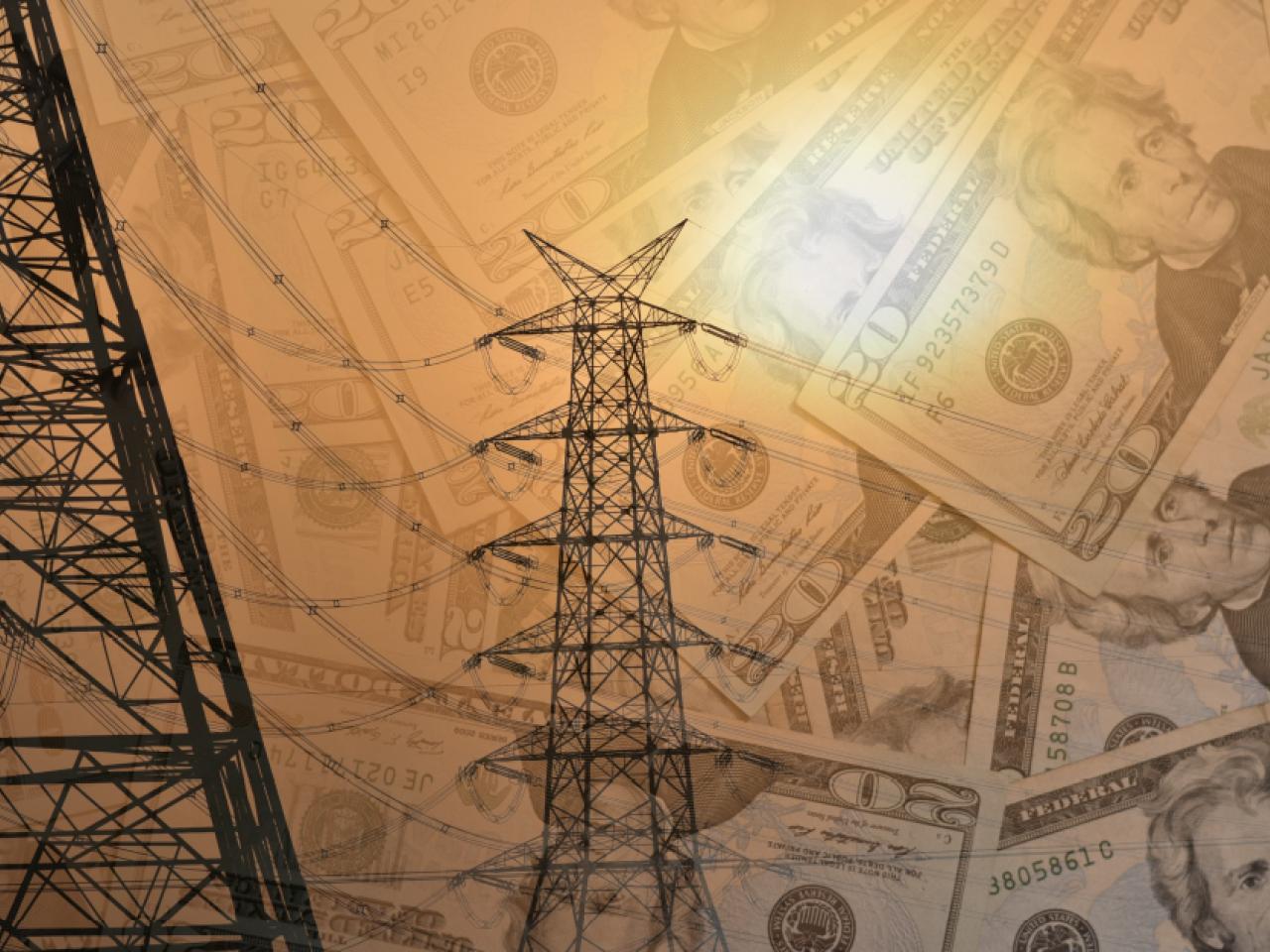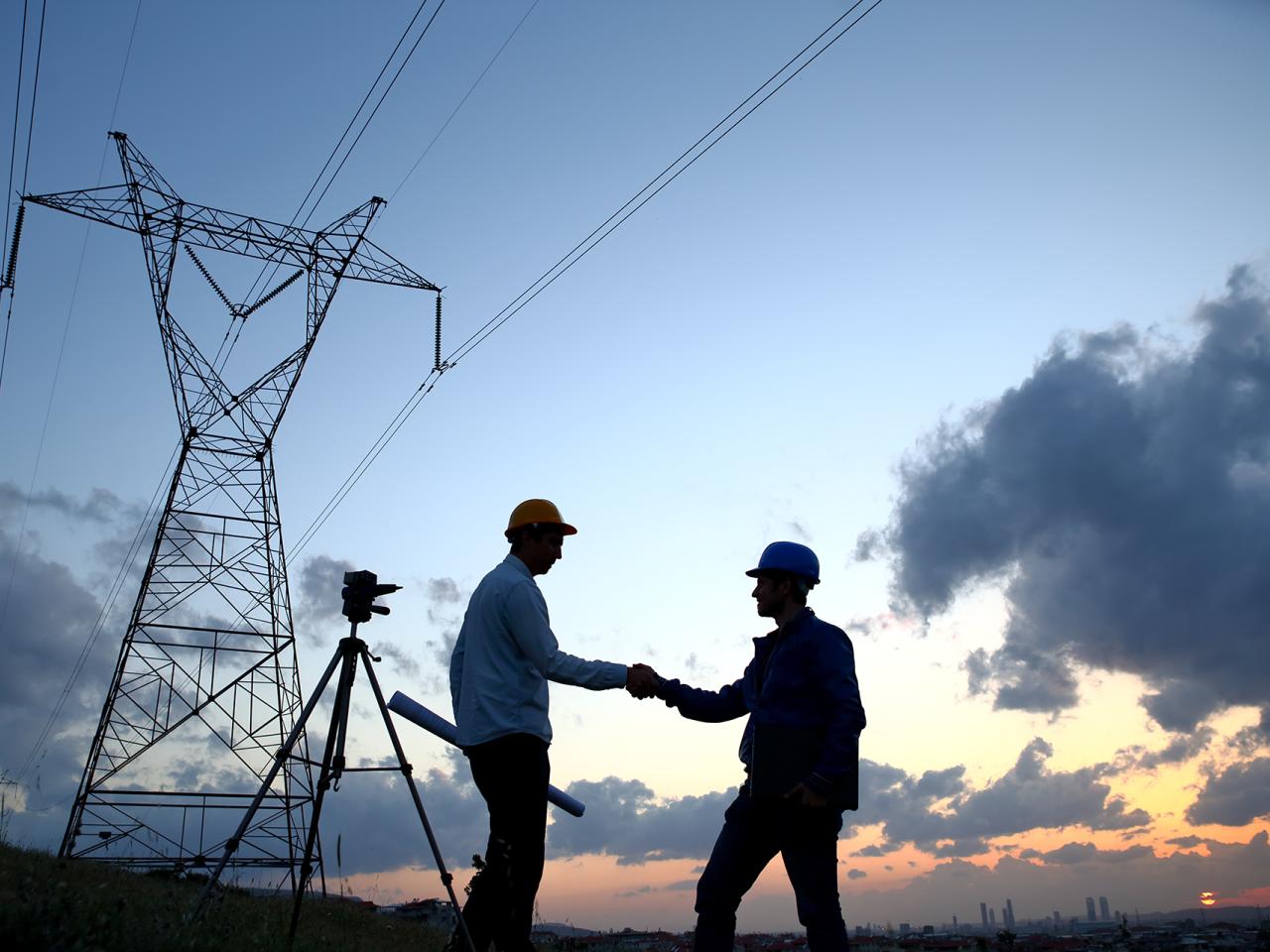Energy policy is the term used by legislative bodies to define a set of guidelines, regulations, and objectives for various types of energy, including renewable sources like solar, wind, nuclear, and hydroelectric power. These policies are implemented and enforced at the local, state, and federal levels through legislation and regulation, typically in the form of building energy codes, tax credits, and air quality standards. Slipstream's work helps policymakers understand the measures and priorities to enact clear, effective policies that can make a positive impact on climate goals.
Featured stories

Align & Activate: how state and regional collaboratives drive market transformation .

How one rural Michigan co-op invests in their community by serving non-profit businesses.
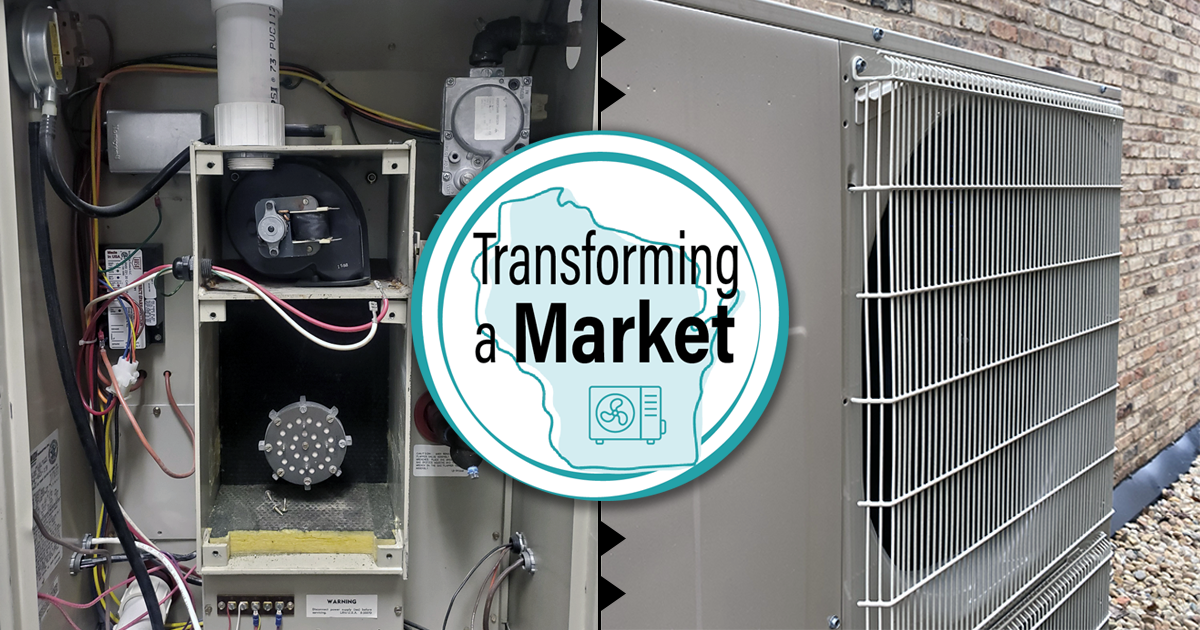
How Wisconsin was first to get high-efficiency furnaces in (almost) every home.

